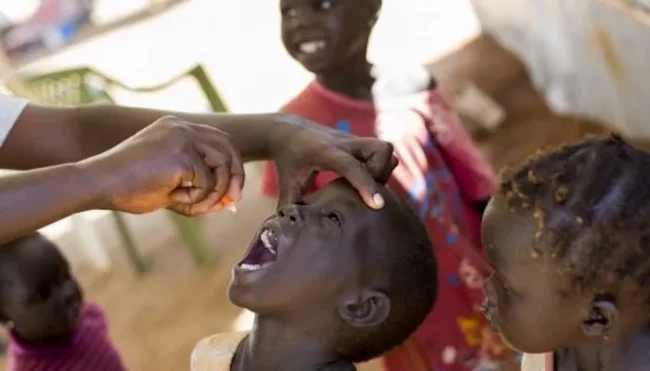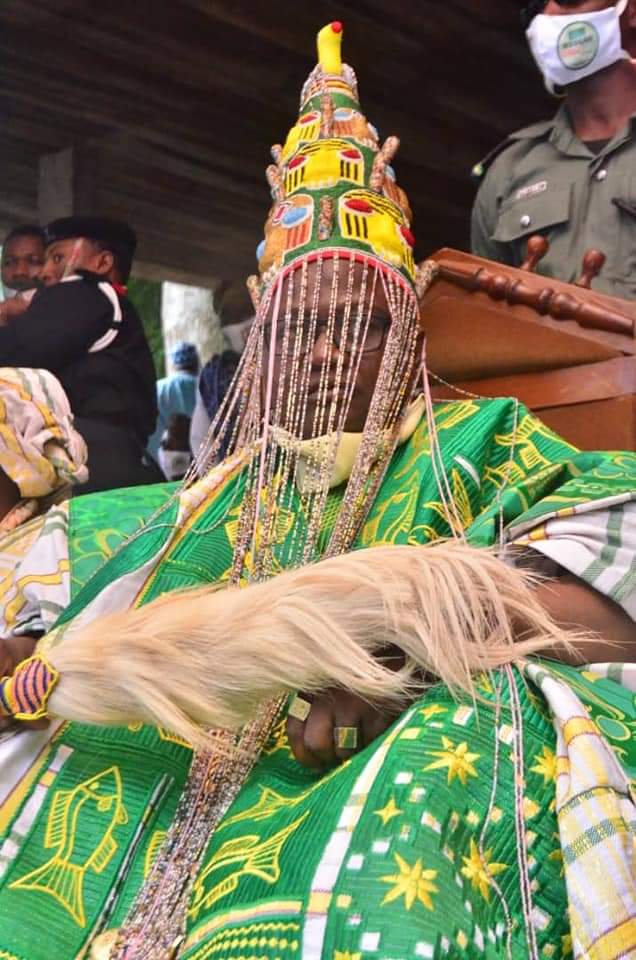[ad_1]
“The federal government also has to do a lot towards it. You can’t leave your programme for other people to implement for you”
A Nigeria NTDs Economic Impact Report has shown that about 165 million Nigerians currently need treatment for one or more types of Neglected Tropical Diseases (NTDs), which represented 84% of the entire population.
The maiden edition of the report which was commissioned by the END Fund and conducted by Deloitte Nigeria also showed that with a projected population increase of 263 million by 2030, NTDs must be effectively addressed.
The report also indicates that the Nigerian economy will reap USD 18.9 billion from its citizens’ increased productivity if NTD elimination is achieved by 2030.
Speaking with journalists at the sideline interview at the 2023 World Neglected Tropical Diseases(NTDs) Day Town Hall Meeting, the END Fund, Senior Director of Public Affairs for Africa, Oyetola Oduyemi disclosed that there was a significant setback to the fight against NTDs during COVID-19 in 2020.
Oduyemi explained that the treatments that should have been delivered to the people were disrupted by the outbreak of the pandemic.
“It was just a free for all and as a result, there was a significant increase in the number of people and that is why, at present over 168 million Nigerians in need of treatment for one or more of these diseases,” she added.
Similarly, the National Coordinator of Neglected Tropical Diseases (NTDs) Elimination Programme Dr Nse Akpan maintained that the disease is common among low-income earners and those that are living in a poor housing environment.
ALSO READ: Soludo flags off free health status checkup program in Anambra
He said: “People were not given much attention to these diseases because they were believing that most times based on their traditional practices, it is not treatable because they believe it was caused by witchcraft”.
Meanwhile, the Abuja Liason Officer of The Carter Centre, Sarah Pantuvo who disclosed that her organization has been working with the Federal Ministry of Health since 1998 said the partnership has helped the country in the eradicating guinea worm since 2013
Okay, my name is Sarah Pinto. I am the liaison officer in the Bucha office for the Carter centre. Carter Centre has been working with the Federal Ministry of Health since 1998. And we have helped them in achieving a lot of their programmes. Like the guinea worm programme Qatar centre helped in the eradication of guinea worm and Nigeria was given certification in 2013.
Pantuvo while stating that funding is one of the challenges also said people in the community sometimes rejected the drugs given to them to treat NTDs
She however said, to eliminate NTDs, everyone needs to be involved with the slogan of “leaving no one behind”
“We all need to work together. Both at the community the federal and local government level. Not only working together we need to invest put in resources and funds and also help to educate the populace”
“Nigeria doesn’t really have to depend on the donor funders. The federal government also has to do a lot towards it. You can’t leave your programme for other people to implement for you as much as they tell. You also have to have a commitment of resources through counterpart funding to execute development projects in the country.
[ad_2]








